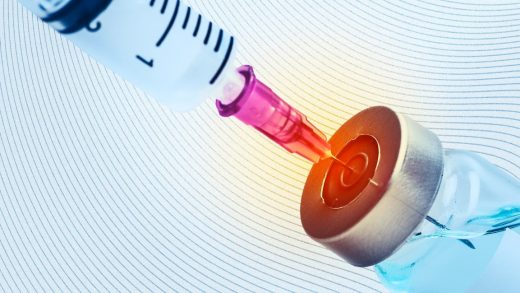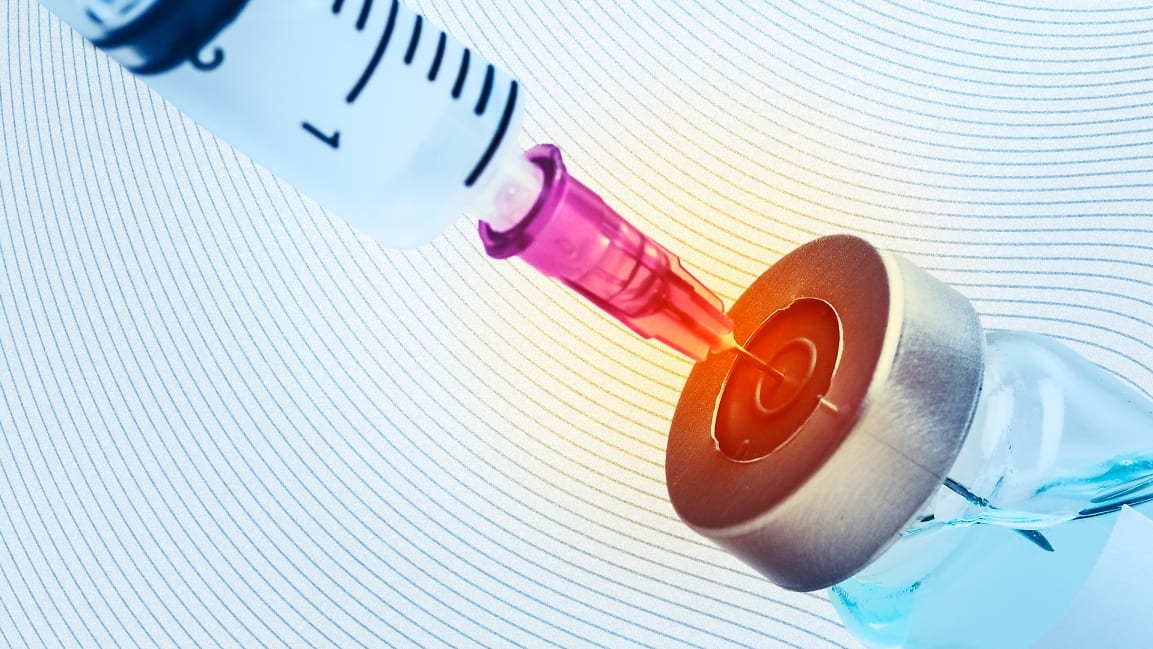Novavax eyes bringing its COVID-19 vaccine to the U.S. market
American biotechnology company Novavax said today that the COVID-19 vaccine it’s developing has shown to have 90.4% effectiveness in a phase III clinical trial conducted in the United States and Mexico.
The results of the trial, which included 29,960 participants, yielded an efficacy on par with that of vaccines from Pfizer-BioNTech and Moderna. It was also shown to defend against newer, mutating strains of the coronavirus, including the alpha variant now most prevalent in the country.
Novavax’s vaccine candidate, however, has a mechanism that differs from Pfizer-BioNTech’s and Moderna’s, which both used novel techniques that inject genetic material to instruct the immune system to begin producing disease antibodies. The Novavax candidate instead supplies a small amount of the disease protein—like in traditional vaccines—to prompt the body to fight it off and build up immunity. But unlike vaccines of the past, it features a lab-engineered protein grown in an insect cell.
With three vaccines already in use in the U.S., some experts think the country’s demand already has plateaued, and the U.S. Food and Drug Administration could deny the Novavax candidate emergency use authorization in favor of recommending that it undergo the more rigorous standard process of full approval.
However, it could prove most helpful in other less-resourced countries across the globe, which have lagged far behind the U.S. and the United Kingdom in vaccinating their populations. In India and Brazil, two nations suffering from the worst COVID-19 outbreaks, only 6% and 11% are inoculated, respectively. In the U.S., the number stands at 44%.
Logistically, the Novavax candidate is also easier to transport than some leading vaccines, as it can be stored at normal refrigeration temperatures versus the ultracold freezers Pfizer-BioNTech’s and Moderna’s require.
According to Novavax CEO Stanley Erck, it’s most likely to roll out first in low- and middle-income countries through the international COVAX initiative, which aims to achieve equitable vaccine distribution worldwide. The company has pledged a total of 1.1 billion doses to developing countries through the program. “At least in the foreseeable future, we’re going to have a bigger impact,” outside the U.S., Erck told the Wall Street Journal.
Novavax, which was awarded $1.6 billion by the Trump administration’s Operation Warp Speed program last year, has yet to bring a vaccine to market since its founding in 1987.
Its stock surged more than 10% in premarket trading following the news.
(57)



